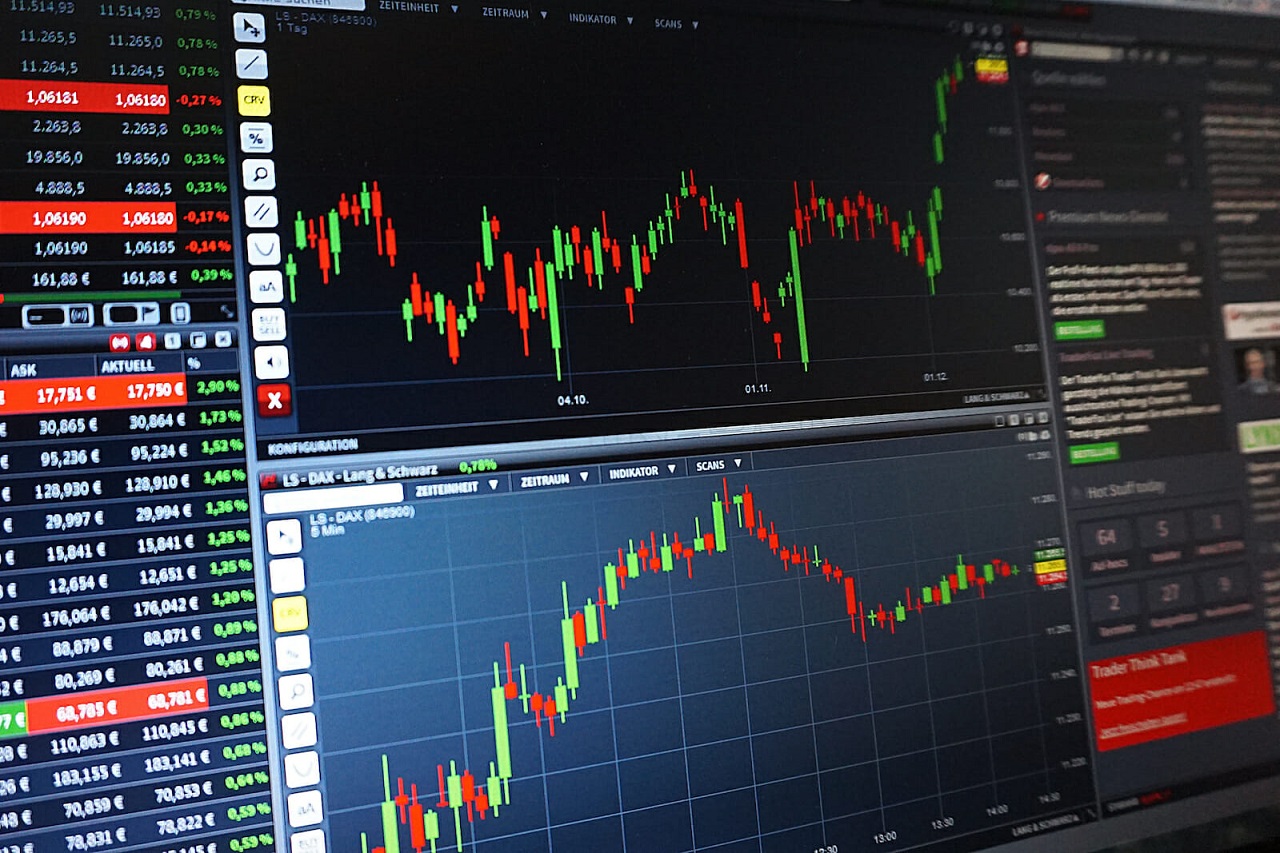There are many similarities between stock and forex trading, but there are also some differences. Stock trading and forex trading are two different types of trades, even though both are very popular, you need to know the difference.
Both have advantages and disadvantages, though the most apparent difference is a public trade with shares that investors can buy or sell. At the same time, the other consists entirely of private companies. Most stockbrokers will encourage you to start with stock trading because it’s generally seen as more stable by most people who trade stocks compared to forex traders.
Capability to buy
In both cases, it’s possible to purchase shares in a company, but only on the forex market can you sell your shares at any time (you can sell your stocks during trading hours). So for people who would like more flexibility when they invest, the forex market is preferable. You can always cash out, unlike with stocks where you must wait until trading hours end for your transaction to complete.
Stock trades are closed every weekend from Friday evening until Monday morning. On the other hand forex trading is open every day except for the weekends. Lastly, currencies fluctuate constantly throughout the day, whereas share prices only change once per day after markets close (stocks sometimes don’t move at all until trading hours resume).
No minimum and maximum amount
The next difference is that there are no minimum or maximum amounts for each trade on the forex market. Stocks, however, have particular rules for determining how much money you can invest in a company with different classes of shares. It makes it more challenging to use leverage (a common trading strategy) on stock investing.
Tax payments
Another difference between the two types of transactions is that you must pay taxes when purchasing stocks but not when trading forex. It means that traders who make frequent trades will pay less over time than if they had purchased stocks frequently.
Transaction fees
Stock investors have minimal transaction fees because they only pay them when they sell their shares. But forex traders pay small transaction fees each time they make a trade. Moreover, if you buy stock online through your broker, the additional fee will add on (online stock purchase fees may vary depending on what company you use). So, for this reason, forex investing is usually preferable to stock investments. Even for people who would like to hold onto shares in companies long term. Forex traders do not lock into investments for years.
Short or long-term investments
Forex traders can take advantage of short term movements in the market. Whereas stocks can only be bought or sold once per day, making them long-term investments. Stock trading has four key investment sessions per year. While forex trading has two long term sessions (daily) and two short term sessions (daily).
Local or international
Stock traders buy shares in individual companies, while forex traders trade currencies with different countries’ legal tender. Simply put, stock trading is investing in companies, while forex trading is investing in economies. Forex traders should remember not to own currencies; instead, they invest based on future fluctuations. If you buy pesos today for three dollars each, you’ll walk away with four tomorrow (in theory). However, if you trade stocks, you own a percentage of a company’s value and can benefit from its successes or suffer from its failures.
In conclusion
Forex trading is usually preferable to stock investing, even when you consider all of the other factors. Forex transactions require much lower commissions than stock trades. It offers more flexibility by allowing investors to sell shares at any time without paying a penalty. If you’re interested in trading stocks online, an additional fee will be added on top of commission for each transaction. Feel free to view page for trading stocks online.
